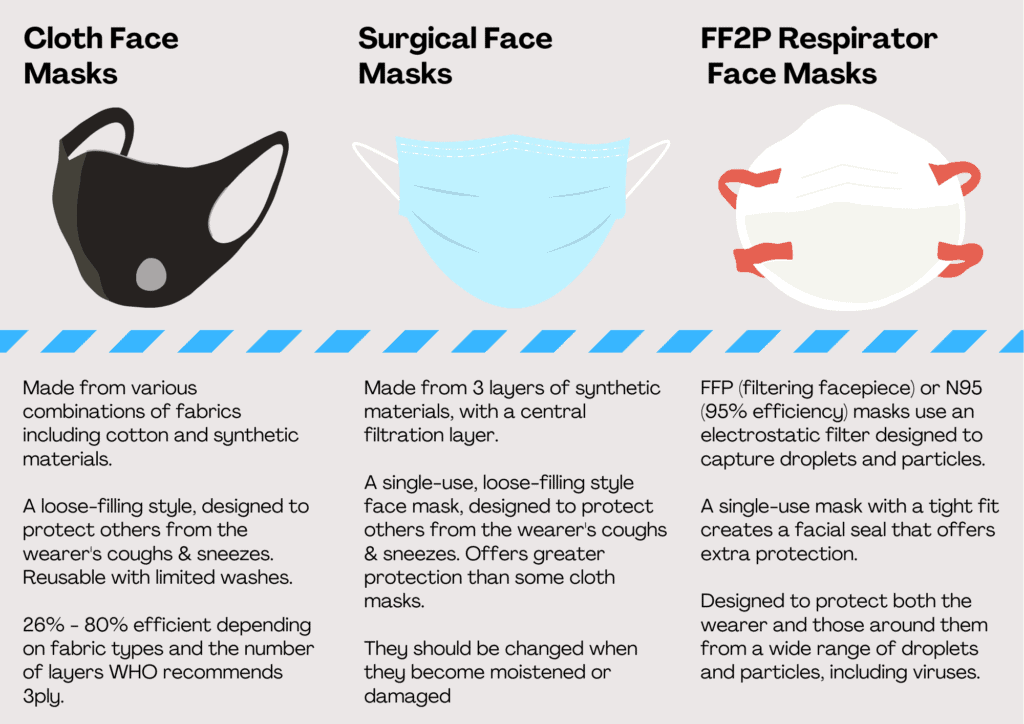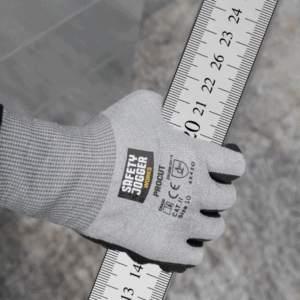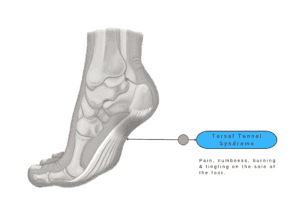FFP2 Face Masks – Stricter mandates across Europe are being considered in the UK…
“If everyone would wear N95 masks for four weeks in risky settings, it would stop the epidemic”
In recent weeks, many European countries have strengthened their regulations with regard to the standard of face masks required. With Germany leading the way in enforcing a minimum standard of FFP protection, enforceable by law.
This week, the Mayor of London, Sadiq Kahn and TfL (Transport for London) are reviewing the current guidance on the level of protection required to safely travel on public transport. Tube and bus passengers may be required to switch to higher-grade face masks to guard against mutant strains.
The Evening Standard reported that Cloth masks and DIY bandanas are useful for lessening the spread of the virus caused by cough droplets and sneezes, but they do not stop inhalation of virus particles.
Transport for London has approached Public Health England for guidance in response to concerns over new, more virulent strains of Covid-19. A detailed analysis of the situation and the efficiency of different types of face masks is to be commissioned by Sadiq Kahn to establish whether a switch to filters is required on public transport.
The existing mask policy is designed for travellers to protect each other by wearing face masks, however, some are wearing masks that do not protect them from tiny droplets and particles that only a filtering face mask can provide.
A spokesperson for Sadiq Kahn said: “The Mayor is determined that Londoners are given the most accurate and up-to-date scientific advice in our fight against the virus.
“Germany, France and Austria have all recently introduced stricter requirements for face coverings, and it may be necessary to introduce tougher measures here to stop the spread of the new variant, particularly in poorly ventilated locations”.

What are FFP2 face masks?
Filtering facepiece (FFP) respirators offer a balance of filtration and breathability. Where medical masks filter 3-micrometre droplets, respirators masks filter more challenging 0.075 micrometre solid particles.
N95 masks are the American accredited alternative to FFP2 face masks. The World Health Organisation advises in its ‘Mask use in the context of COVID-19’ guidance document that the filtration systems of FFP2 and N95 masks are 94 and 95 per cent effective respectively. This higher level of efficiency has led to countries such as Germany and Austria making them a requirement on public transport.
The French government has now mandated that citizens wear single-use surgical FFP1 masks, more protective FFP2 filtering facepiece respirators or fabric masks which meet the same “Category 1” specifications to block more than 90% of particles in all public places.
With the increasing number of new strains of Covid-19, many of which are more virulent than the original strains, many governments are reviewing their face mask policies and looking to maximise protection for their citizens.
FFP3 masks are the most effective, followed by FFP2/N95, then surgical masks and, finally, cloth masks, with 3ply much more effective than a single layer.
“If everyone would wear N95 masks for four weeks in risky settings, it would stop the epidemic,” Dr. Abraar Karan, an internal medicine physician at Brigham and Women’s Hospital and Harvard Medical School, told CNN Chief Medical Correspondent Dr. Sanjay Gupta.
Online Orders – We are still safely fulfilling online orders. Read more in our COVID-19 update here.
Find us on social media here:









